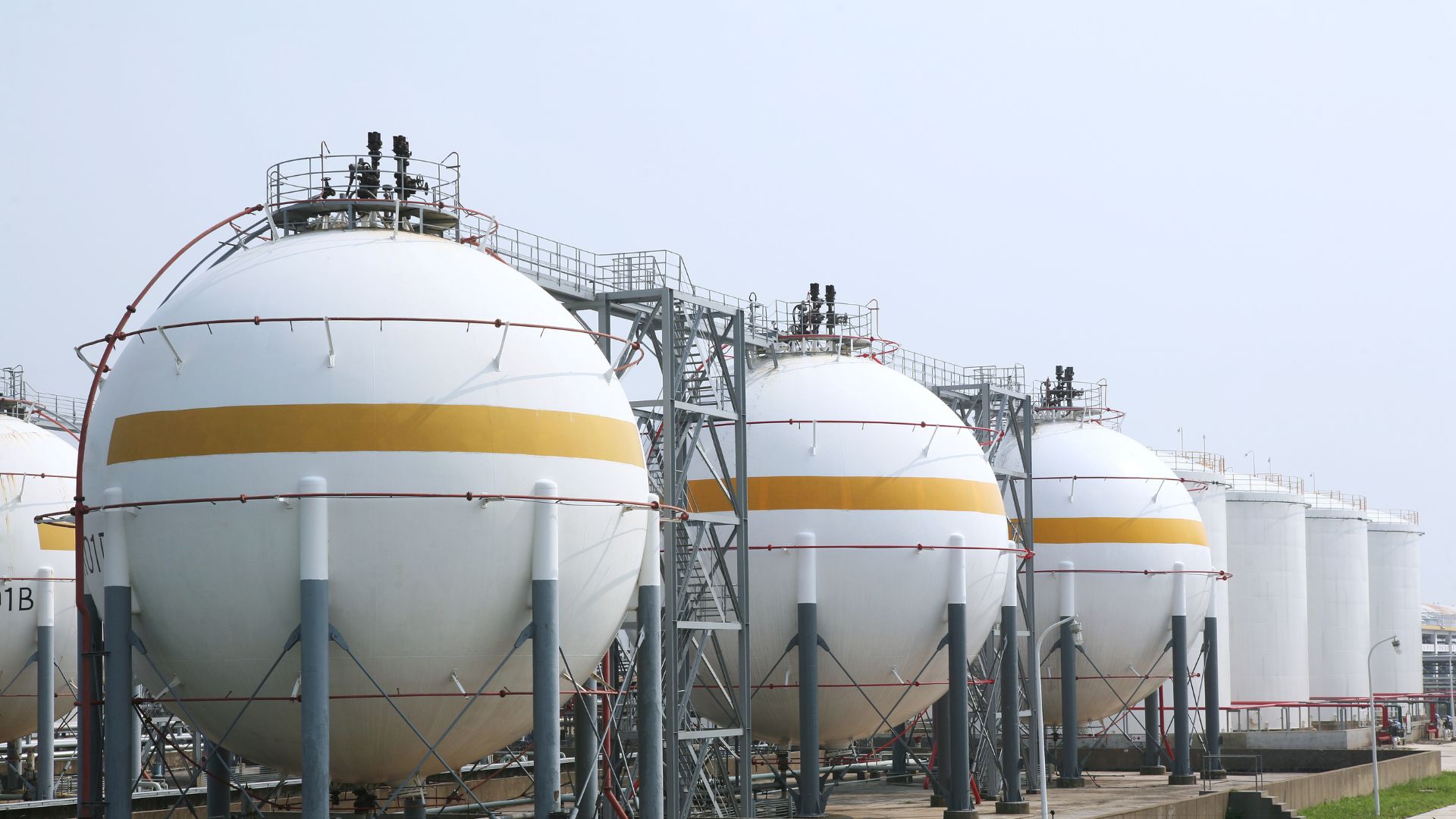New law eyes Philippines as LNG hub for Asia-Pacific
- January 16, 2025
- 0

President Ferdinand R. Marcos, Jr. has signed Republic Act (RA) No. 12120, also known as the Philippine Natural Gas Industry Development Act, to bolster the country’s natural gas sector and accelerate the transition to renewable energy (RE).
In a Business World report, the law instituted the Philippine Downstream Natural Gas Industry (PDNGI) and eyes to position the country as a liquefied natural gas (LNG) trading and transshipment hub in the Asia-Pacific region.
Additionally, it also seeks to promote natural gas as a cost-effective energy source and a key contributor to energy security.
RA 12120 identifies natural gas as a transition fuel to RE and establishes a legal framework to support its development. The Department of Energy (DOE) will oversee the industry, evaluating and approving permits for natural gas facilities and drafting the PDNGI Development Plan.
The law would prioritize the use of indigenous natural gas, with gas-fired power plants encouraged to procure local resources over imports. It also exempted the purchase and sale of indigenous natural gas and the power it generates from value-added tax (VAT).
The Philippines is under pressure to diversify its energy sources as the Malampaya gas field, which supplies 20% of the country’s power, is expected to deplete its easily recoverable reserves by 2027. The government aims to increase renewable energy’s share in the energy mix to 35% by 2030 and 50% by 2040, up from the current 22%.
Substantial investments in PDNGI facilities will be evaluated for possible fiscal incentives while permitting will be streamlined through the Energy Virtual One-Stop Shop (EVOSS). EVOSS was established to hasten the application processing of energy projects.
Meanwhile, Philippine Petroleum Association president Edgar Benedict C. Cutiongoc commended the signing of the law for streamlining licensing processes, potentially reducing reliance on imported gas. He noted the law could encourage both government and private entities to explore and develop indigenous resources.
However, the Power for People Coalition criticized the law, claiming it benefits gas companies without lowering electricity costs for consumers. The group argued that gas remains one of the most expensive energy sources and locks the country into dependence on costly electricity.
With the Philippines striving for energy security and renewable energy goals, stakeholders must balance economic growth with sustainable practices by advocating for transparency and accountability as the natural gas industry develops.